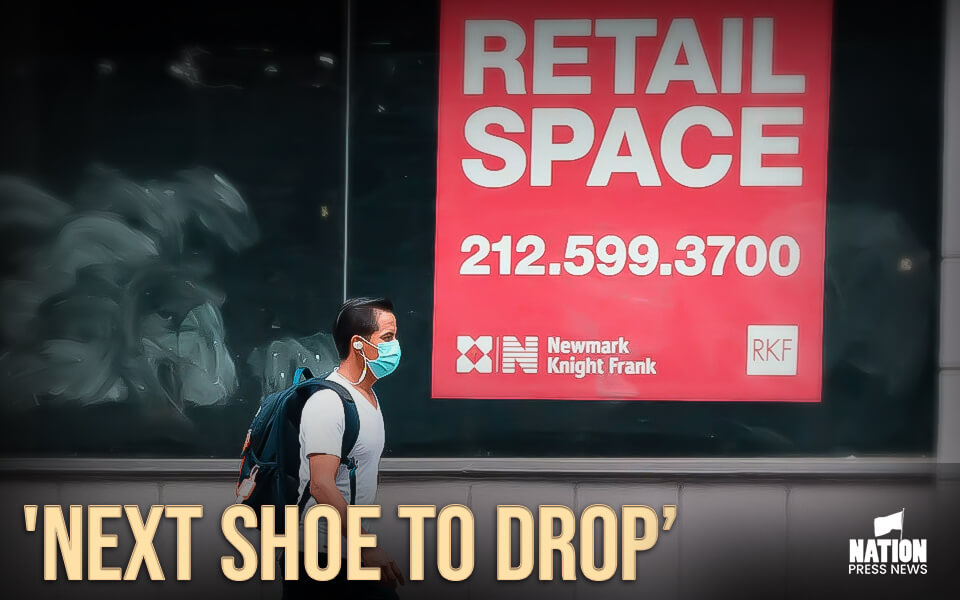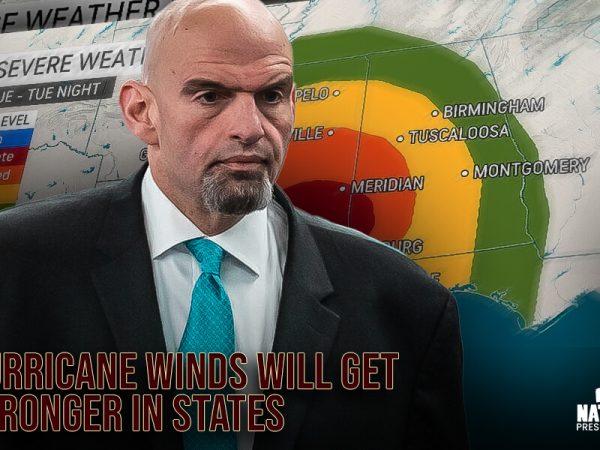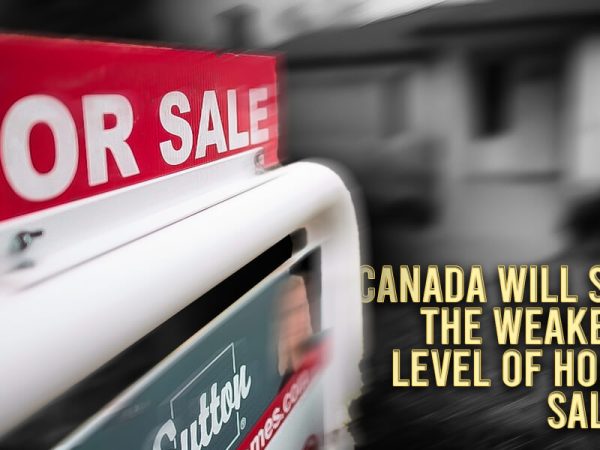‘Next Shoe to Drop’ in the US: Commercial Property Market Warnings Alarm Lenders
Fund managers are issuing warnings about escalating issues in the $5.6 trillion US commercial real estate market that might prove costly for lenders who have already been rattled by the instability in the banking industry.
The commercial real estate sector had been stressed by increasing interest rates, dropping prices, and dwindling demand for office space as a result of the pandemic. However, these issues got worse after Silicon Valley Bank, Signature Bank, and First Republic failed this year, raising concerns about other regional banks that make up the majority of commercial real estate loans.
“The private market hasn’t started to heavily mark down real estate,” Apollo Global Management co-president Scott Kleinman told the Financial Times. “The equity will be first. That’s the next shoe to drop in the US. Like everything else, it has been priced so tightly and there hasn’t been a commercial real estate crisis in the US since the ‘90s.”
According to Anne Walsh, chief investment officer at Guggenheim Partners, the pain would be focused in specific areas of the US, such as major cities like San Francisco and New York, as well as in second-class office buildings that needed maintenance. In order to acquire a mortgage, some lenders need personal guarantees from property owners, which is a sign of stricter lending criteria and the fact that banks are restraining themselves.
“We’re likely going into a real estate recession, but not across the entire real estate market,” Walsh said. “Lenders will be very choosy about what loans they are willing to make.”
A majority of US banks reported tightening credit requirements for loans secured by non-residential assets in the first quarter, while none reported easing standards, according to a Federal Reserve poll issued on Monday.
A wall of debt is also scheduled for repayment in the coming years. “There’s a maturity cliff for a lot of this real estate in the next few years, a significant portion of which is funded by regional banks,” said the chief executive of a large US bank.
“Commercial real estate is leverage on leverage on leverage . . . if people are forced to quickly unwind that leverage it can pop up in other places.”
Real estate developers have long relied on borrowing money at low rates and investing it in a market with rising asset prices.
Now, said Mathieu Chabran, co-founder of $43 billion alternative asset manager Tikehau Capital, “We see a perfect storm of rising interest rates forcing assets to reprice down, combined with a structural decline in occupation rates and aging assets.”
The US commercial real estate sector is about to experience a storm, according to Charlie Munger, vice-chair of Berkshire Hathaway, who claimed banks were “full” with “bad loans” last month.
“A lot of real estate isn’t so good any more,” Munger said. “We have a lot of troubled office buildings, a lot of troubled shopping centres, a lot of troubled other properties. There’s a lot of agony out there.”
The issues, according to Munger, were not on the same level as the financial crisis of 2008.
Munger’s business partner Warren Buffett made the observation during Berkshire’s annual general meeting on Saturday in Omaha, noting that lenders frequently end up with undesired property.
“The banks tend to extend and pretend,” he said. “There’s all kinds of activities that arise out of commercial real estate development that occur on a big scale, but it all has consequences and we are starting to see the consequences of people who could borrow at 2.5 per cent and find out it doesn’t work at current rates.”







